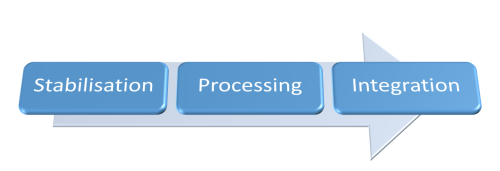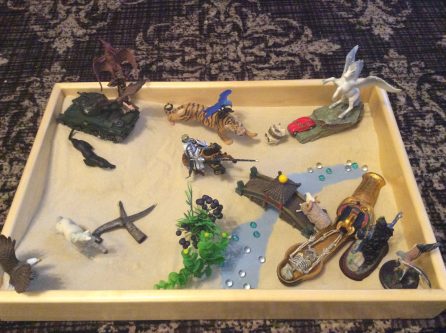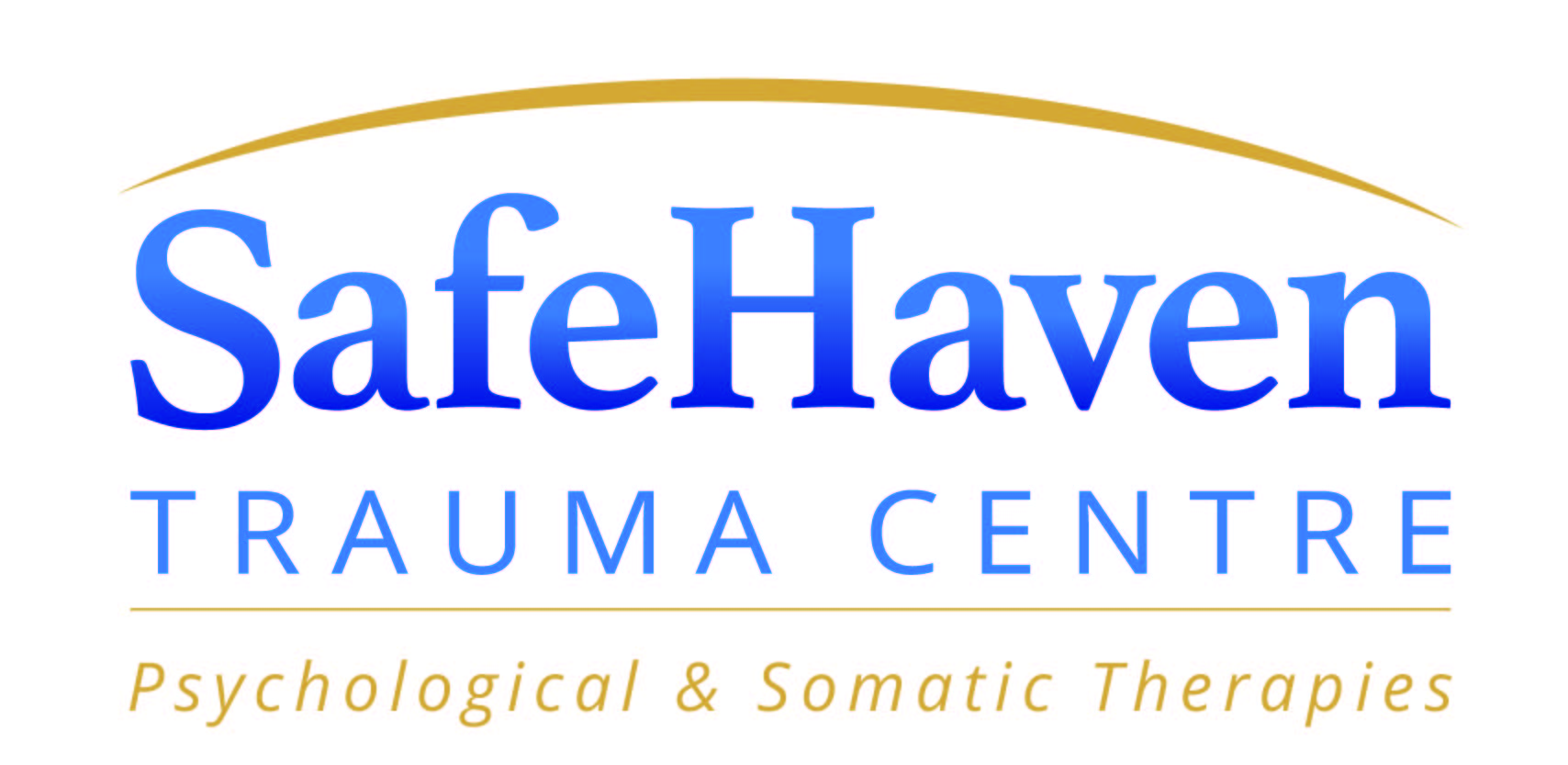Trauma Focused Therapy - SafeHaven Trauma Centre
Trauma Focused Therapy
Psychological trauma creates significant changes in the brain as well as the body. For this reason, treating psychological trauma requires a specialist approach that both accounts for this and reduces the risk of re-traumatisation.
Here at SafeHaven we follow the trauma-informed approach designed by Judith Herman. This means that irrespective of the modalities being used (e.g. EST, EMDR, TFCBT, etc.) your sessions throughout your treatment plan cover all 3 key elements of trauma-informed care:

Stabilisation
Stabilisation involves developing knowledge and skills that support emotional and cognitive stability and that aid you in increasing a sense of safety and feeling more stable overall. This is important in order to feel safe enough to move to stage 2 and begin to process difficult memories. To support this, during sessions you will have the opportunity to work on skills known to help stabilisation such as:
- Trauma-informed psychoeducation – understanding your experience
- Identifying active stabilisation strategies that work best for you
- Learning how to re-orientate yourself to the here and now
- Developing skills to ground you and lower the reactivity of your nervous system
- Experiencing techniques such as
- Mindfulness
- Meditation
- Breathwork
- Using nature as a calming anchor

Processing
During your treatment plan you will have the opportunity to begin to process difficult memories safely. You will be able to explore different routes to processing, to identify that feels effective and safer for you. Examples of the different types of psychological and somatic therapies available include:
- Trauma-Informed Psychotherapy
- Trauma-focused cognitive behavioural therapy
- Eye-Movement Desensitization Reprocessing (EMDR) and its derivatives
- Therapeutic Art
- Sand tray Therapy
- Craniosacral Therapy (CST) /Bio-aquatic CST
- Emo-somatic therapy – combining CST with trauma-informed psychotherapy.
- Walk & Talk Therapy
- Equine Assisted Psychotherapy

Integration
Integration is about figuring out ‘now what’. As we process difficult experiences, we change. We see ourselves and the world a little differently usually. This means it requires thought and consideration about what this means for you now and the next steps for you in your life. This will be touched upon once your processing has completed in the final sessions. Through reflection you will begin to identify what the experiences you have survived now mean to you; and you begin to develop a plan for your next steps as you leave our care.
Next Steps
Read about some of the different types of processing modalities available in the ‘Therapies’ Section, so see what you think you may prefer. When you start therapy your therapist works with you to identify which approach, or combination of modalities, may work best for you.

